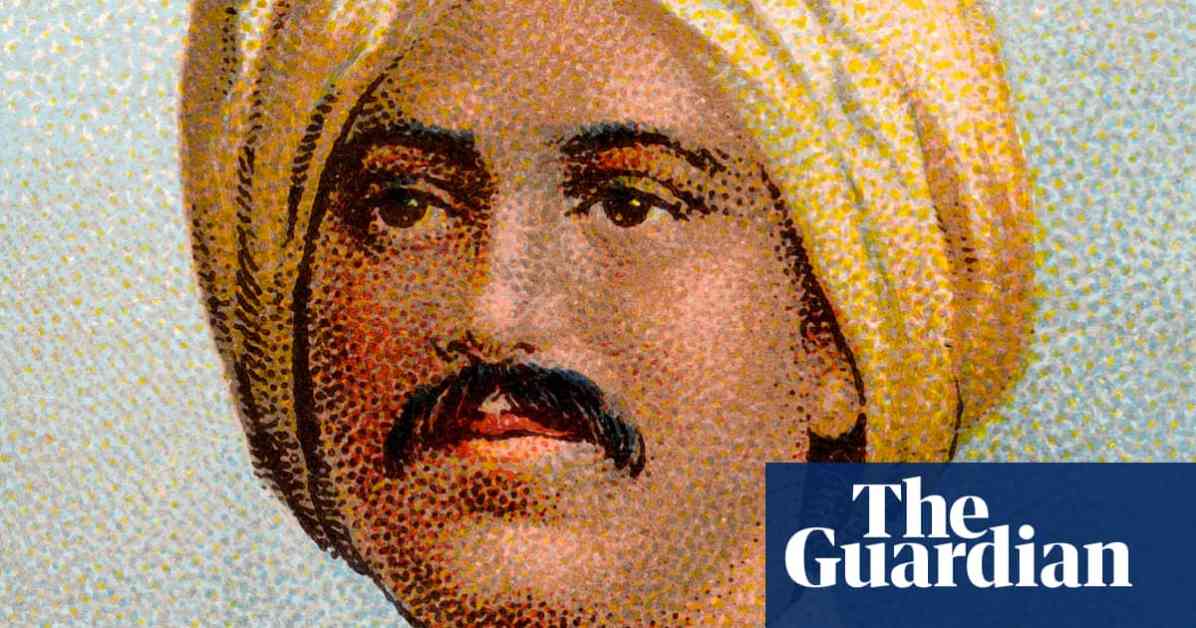Politicians and community leaders are urging for the history of black and Asian soldiers who fought for Britain in the world wars to be taught more extensively in schools as a way to combat ignorance, racism, and anti-Muslim prejudice. On the 110th anniversary of the first Muslim to receive the Victoria Cross, prominent minority ethnic figures have emphasized the importance of recognizing the contributions of black and Asian service men and women in addressing issues of racism and prejudice following the recent riots.
Khudadad Khan, a machine-gunner who bravely fought to prevent German troops from capturing vital ports in France and Belgium during World War I, serves as a poignant example of the heroism displayed by minority soldiers. Despite being wounded and outnumbered, Khan held off the German advance long enough for reinforcements to arrive, ultimately becoming the sole survivor of his team. His courageous actions earned him the Victoria Cross, making him the first Indian soldier to receive this prestigious award. Khan’s story, now showcased at the Imperial War Museum in London, is one of many narratives that campaigners are advocating to be highlighted during the upcoming 80th anniversary commemorations of VE Day.
The call to incorporate stories like Khan’s into the school curriculum is supported by research indicating that a majority of the public believes it is crucial for children to learn about the shared history of diverse soldiers who fought for Britain. In fact, more than three quarters of the population agree that teaching about the contributions of all individuals who served in the world wars, regardless of their background, is essential for fostering integration and understanding in society.
Sunder Katwala, from the thinktank British Future, underlines the significance of including figures like Khudadad Khan in educational programs, emphasizing that commemorating the service of all soldiers from diverse backgrounds can unite communities and make occasions like Remembrance Sunday a moment of solidarity and reflection. By shedding light on the often overlooked contributions of Commonwealth soldiers in both world wars, we not only honor their bravery but also celebrate the diversity and unity that defined Britain’s history of resilience and sacrifice.
As we approach remembrance events and reflect on the sacrifices made by individuals like Khudadad Khan, it becomes evident that promoting inclusivity and diversity in our understanding of history is crucial for building a more tolerant and united society. By acknowledging the stories of black and Asian soldiers who fought for Britain during the world wars, we not only pay tribute to their valor but also reaffirm the shared heritage that binds us together as a nation. In learning from the past and commemorating the sacrifices of all those who served, we can create a more inclusive and compassionate future for generations to come.

